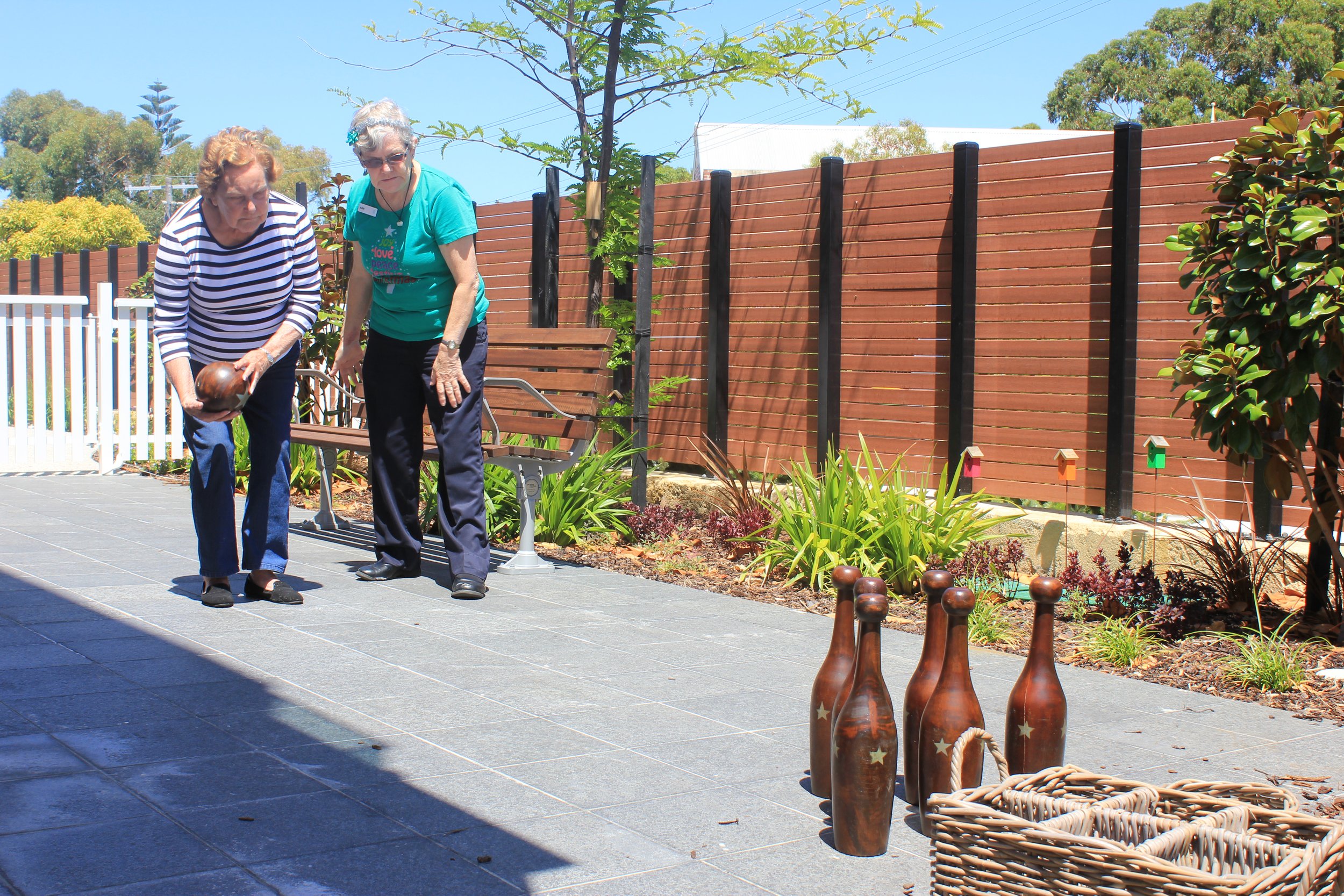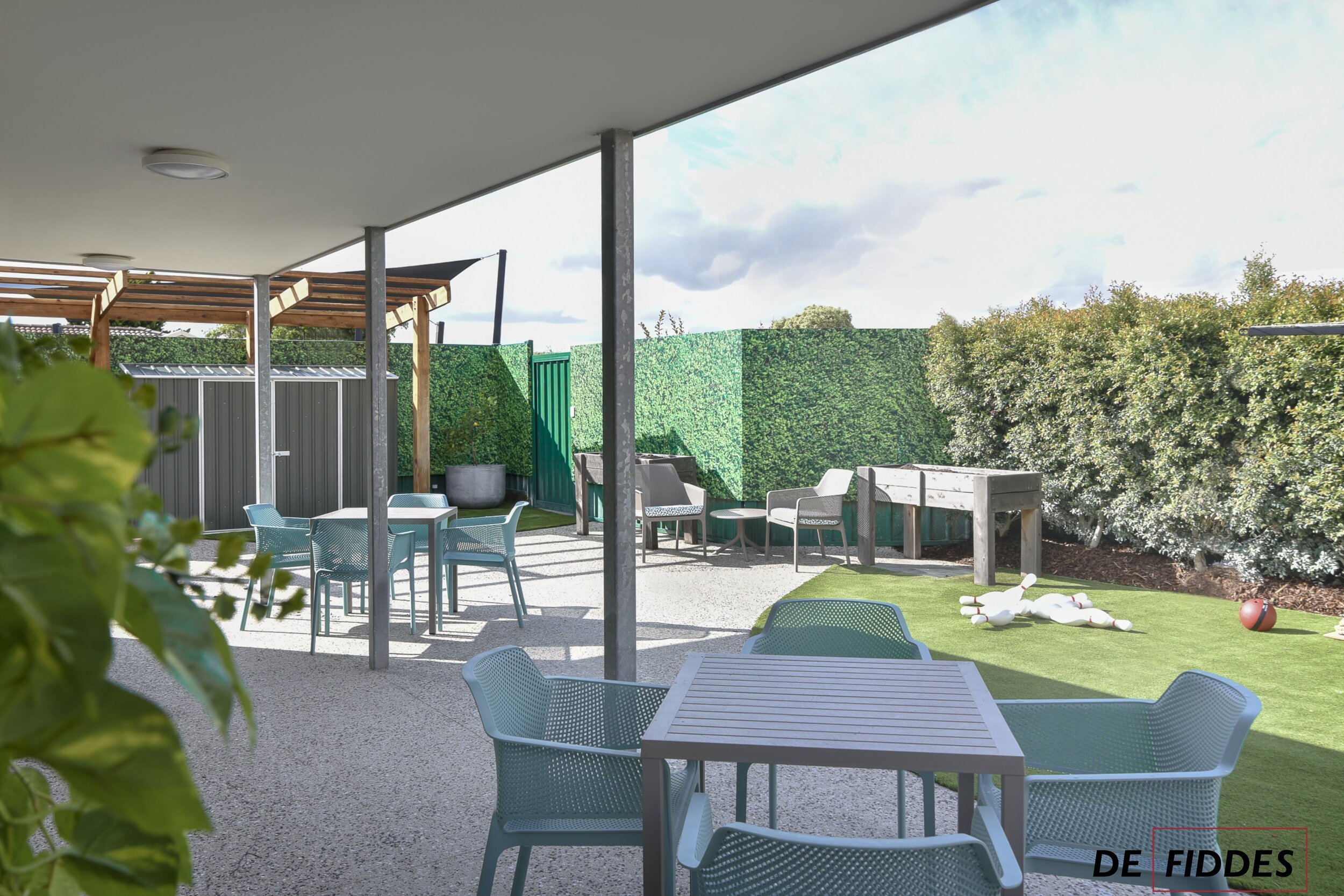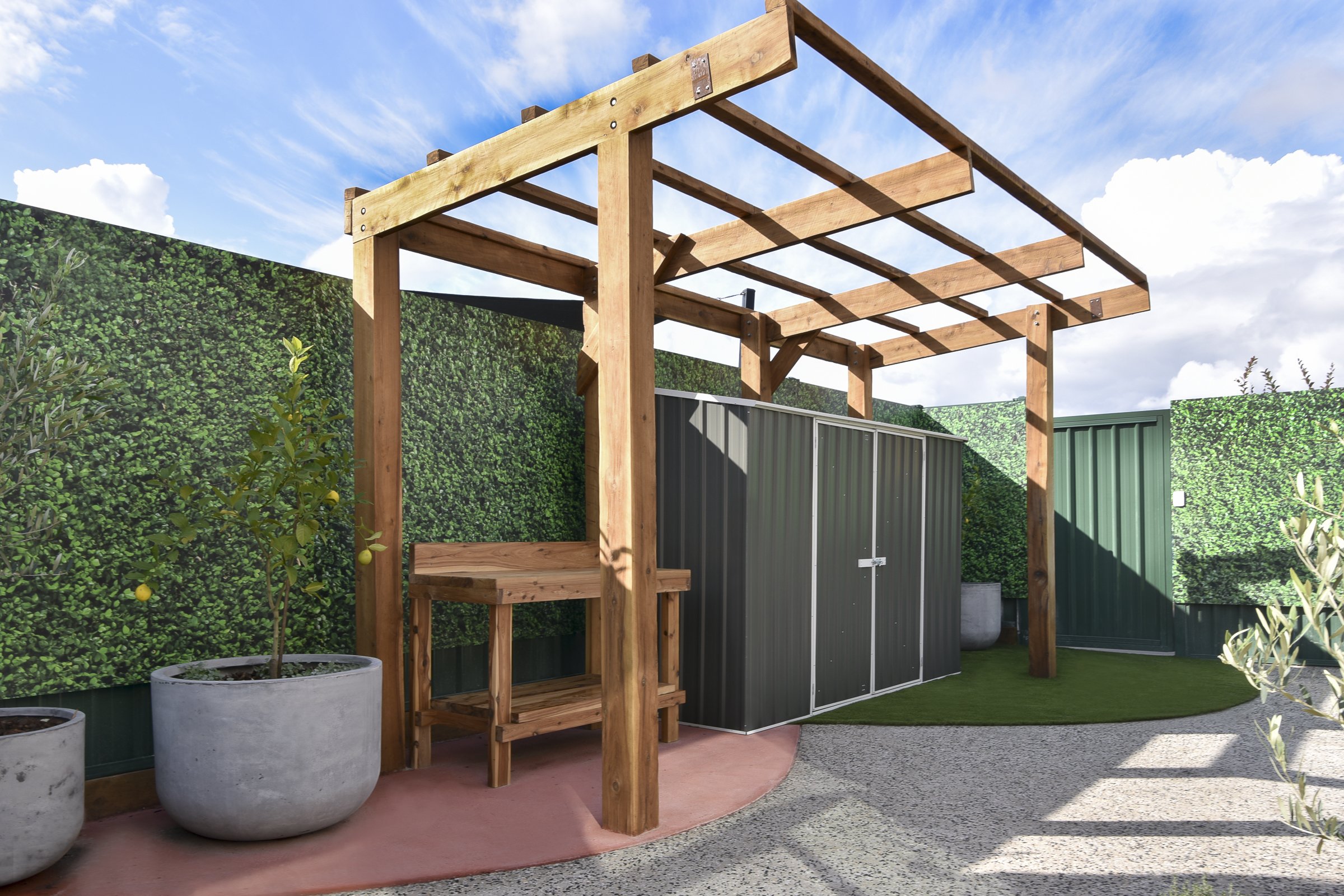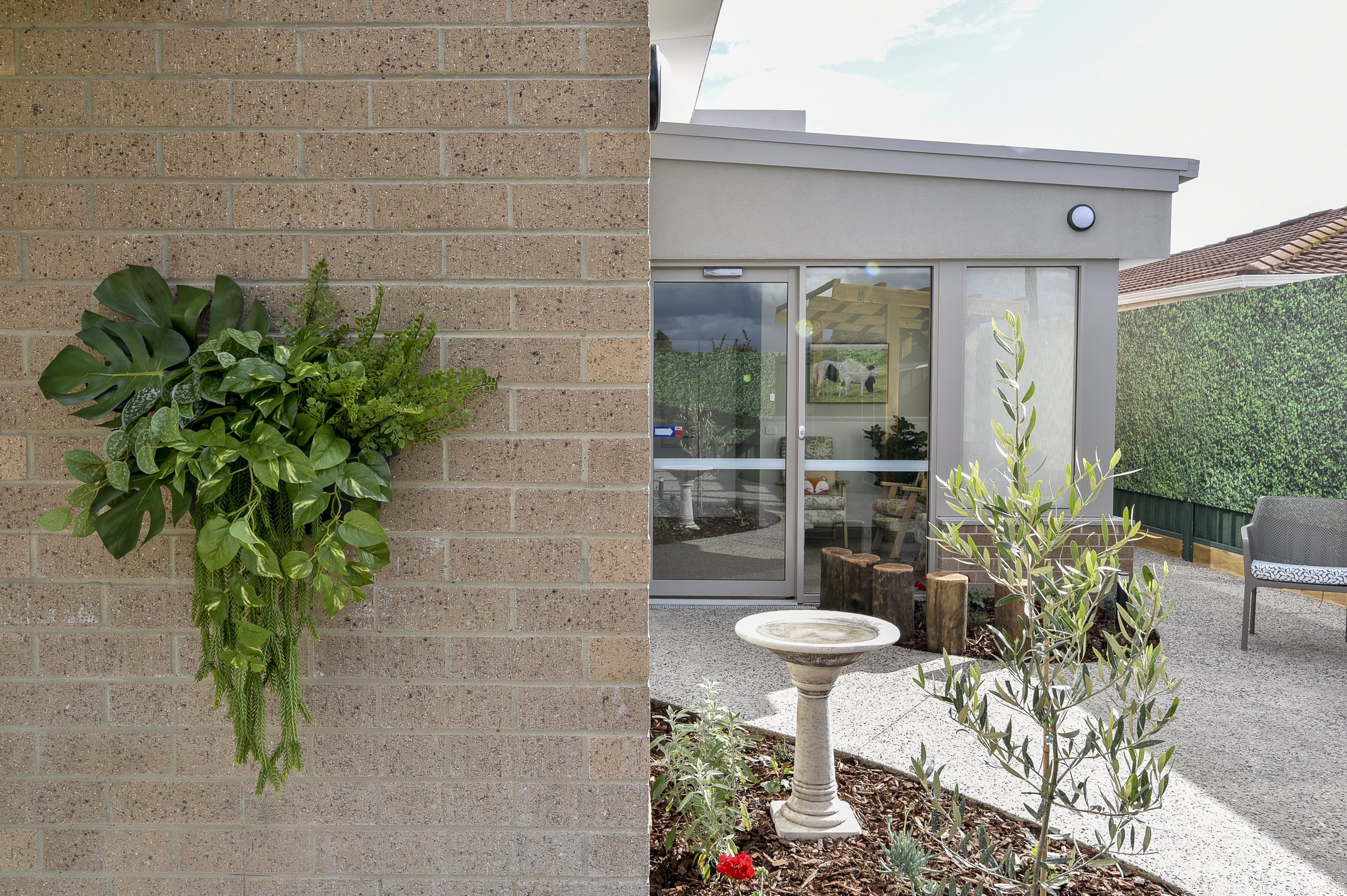Did challenging behaviour of Dementia Residents change because of COVID-19 quarantine.
Unfortunately Deb has lost her voice, temporarily we have been told!! So our normal Deb Talks will have to be delayed a month so we are limited to the written word.
Outdoors have always been in, but never more so than now. More evidence is coming out regarding the importance of a connection to nature, for everyone, but especially those living in aged care.
We were interested to read a study from the Netherlands on challenging behaviour of residents who have dementia during Covid 19. The study was featured in a report by LTCcovid – a website managed by the International Long-term Care Policy Network (ILPN) and Care Policy and Evaluation Centre (CPEC) at the London School of Economics and Political Science (LSE).
This report addresses 68 questions on characteristics of Long-Term Care (LTC) systems and the impacts of COVID-19. Read the full report here: https://ltccovid.org/questions/2-05/
But the study that caught our eye was the one on Challenging Behaviour of Nursing Home Residents during Covid-19.
One of the aims of the study was to gain understanding on whether challenging behaviour in residents changed because of the COVID-19 quarantine measures.
To prevent the spread of the virus and to protect not only residents but also staff and visitors, the Dutch government put nursing homes under quarantine during 2020.
This included similar restrictions to those implemented in Australia. A visitor ban, restrictions to go outside and restrictions on participating in numerous activities.
For comparison, Dutch nursing homes on average have two types of units, those for residents with somatic illnesses and those for residents with dementia and dementia-like disorders.





Results:
The study showed that six to ten weeks after the initial quarantine measures, care staff reported an increase in severity of agitation, depression, anxiety, and irritability in residents. Not only that, it found that the most negative effects were attributed to residents not being allowed to go outside. This was then followed by residents being made to stay in their rooms and then decreased activities. Residents with mild to moderate dementia having been most affected.
In an addition an increase was reported in depression, loneliness, boredom, sleeping problems, anxiety, apathy, withdrawal, attention-seeking behaviour, negativity, suspicion, agitation, aggression, a decline in physical and cognitive functioning, a decrease in appetite, and an increase in hallucinations and delusions were reported.
From the paper: ‘One resident was colliding against other residents with her wheelchair. In a conversation with her about this, the resident said ‘Yeah, but there is nothing we can do, now at least something is happening around here.’ Interviewee 1, Psychologist
However, interestingly some residents showed an improvement in behaviour due to the Covid measures. Positive outcomes were shown in other residents such as an elevated mood, a decrease in agitation, aggression, sleeping problems, and attention-seeking behaviour, and an increase in cohesion and social connectedness.
“Before the crisis situation, social interaction between residents at somatic care units was limited. Now, we notice that they support and look out for each other. They appear to appreciate and enjoy this.” Interviewee 10, Senior manager
This is because an environment with less stimulation was a positive for some residents.
Lastly, newly admitted residents were specifically impacted, since their transition from community-based living to institutional living was affected by the measures.
So what’s the take away?
We are all individuals and outdoors and community are vital
Some residents thrive off action and things happening, so a reduction in activities and a visit ban resulted in under stimulation, and consequently more challenging behaviour and loss of social health.
For other residents, the measures resulted in a reduction of overstimulation and in a decrease of challenging behaviour, because noise and clutter in the house reduced.
This brings us back to the Key Design Principles by Kirsty Bennett and Richard Fleming. Opportunities to enjoy nature and optimising stimulation being two of the most importance principles.
Contact with nature is vital for those living with Dementia and in general, for all of us. It helps maintain and regulate our circadian rhythm and keeps us connected to the world. Besides it is a constant throughout our lives and is a well-known wellness tool for calming, relaxing and improving mood.
If you would like to know more about the Key Design Principles, how to optimise stimulation or how design can create opportunities to enjoy nature within your aged care facility, contact us here.
Deb has recently done a DEB Talk about nature and its benefits for seniors. Watch it here.
https://www.tandfonline.com/doi/full/10.1080/13607863.2020.1857695
